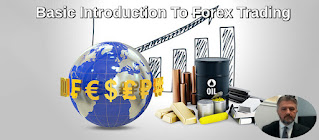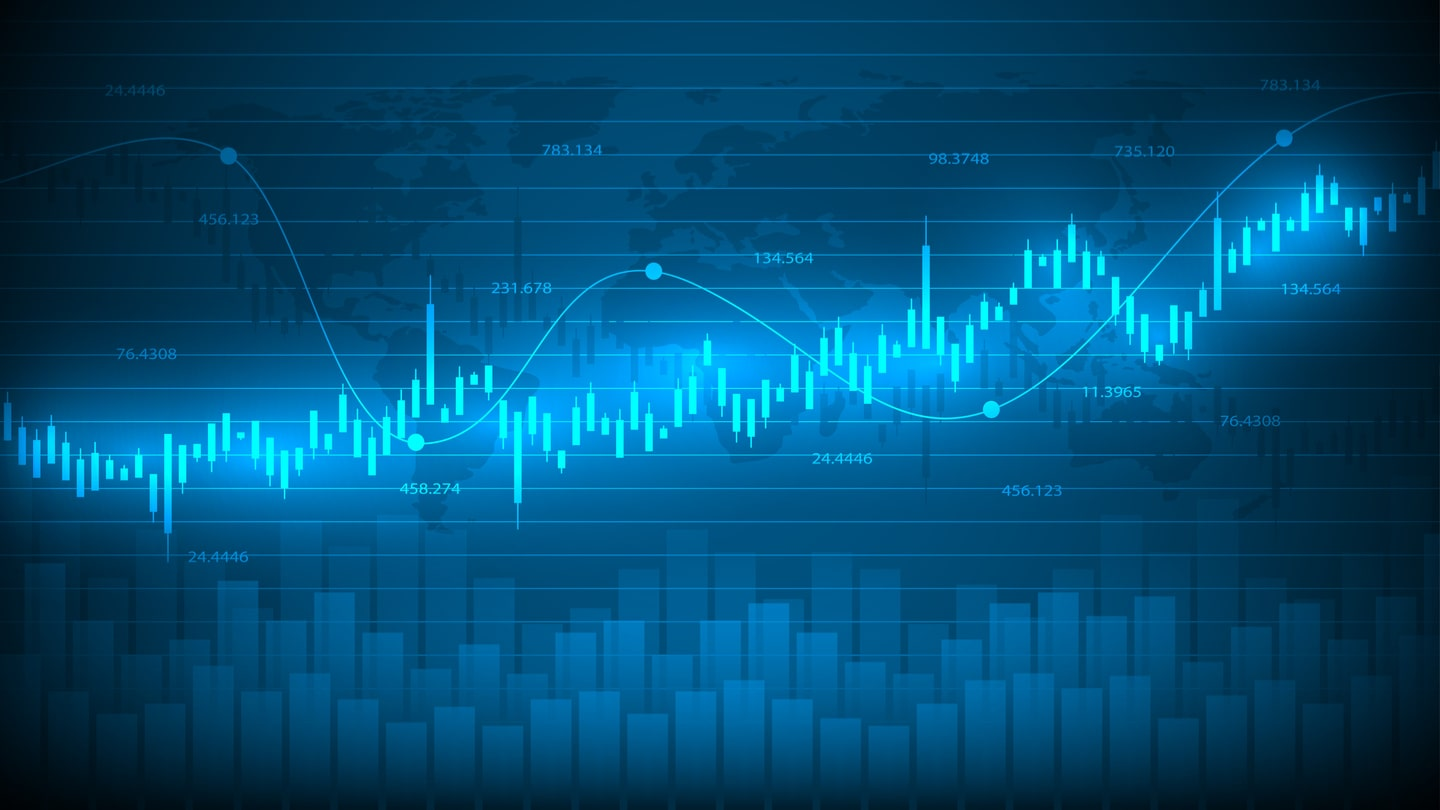Basic Introduction To Forex Trading
If you were wondering; forex trading is nothing more than direct access trading of different types of foreign currencies. A few years ago, foreign exchange trading was mostly limited to large banks and institutional traders however; today technological advancements have made it so that small traders can also take advantage of the many benefits of forex trading just by using the various online trading platforms to trade.
The currencies of the world are on a floating exchange rate, and they are always traded in pairs Euro/Dollar, Dollar/Yen, etc. About 85 percent of all daily transactions involve trading of the major currencies.
Four major currency pairs are usually used for investment purposes. They are: Euro against US dollar, US dollar against Japanese yen, British pound against US dollar, and US dollar against Swiss franc. Right now I will show you how they look in the trading market: EUR/USD, USD/JPY, GBP/USD, and USD/CHF. As a note you should know that no dividends are paid on currencies.
If you think one currency will appreciate against another, you may exchange that second currency for the first one and be able to stay in it. In case everything goes as you plan it, eventually you may be able to make the opposite deal in that you may exchange this first currency back for that other and then collect profits from it.
Transactions on the FOREX market are performed by dealers at major banks or FOREX brokerage companies. FOREX is a necessary part of the world wide market, so when you are sleeping in the comfort of your bed, the dealers in Europe are trading currencies with their Japanese counterparts.
Therefore, it is reasonable for you to believe that the FOREX market is active 24 hours a day and dealers at major institutions are working 24/7 in three different shifts. Clients may place take-profit and stop-loss orders with brokers for overnight execution.
Price movements on the FOREX market are very smooth and without the gaps that you face almost every morning on the stock market. The daily turnover on the FOREX market is somewhere around $1.2 trillion, so a new investor can enter and exit positions without any problems.
The fact is that the FOREX market never stops, even on September 11, 2001 you could still get your hands on two-side quotes on currencies. The currency market is the largest and oldest financial market in the world. It is also called the foreign exchange market, FX market for short. It is the biggest and most liquid market in the world, and it is traded mostly through the 24 hour-a-day inter-bank currency market.
When you compare them, you will see that the currency futures market is only one per cent as big. Unlike the futures and stock markets, trading currencies is not centered on an exchange. Trading moves from major banking centers of the U.S. to Australia and New Zealand, to the Far East, to Europe and finally back to the U.S. it is truly a full circle trading game.
In the past, the forex inter-bank market was not available to small speculators because of the large minimum transaction sizes and strict financial requirements.
Banks, major currency dealers and sometimes even very large speculator were the principal dealers. Only they were able to take advantage of the currency market's fantastic liquidity and strong trending nature of many of the world's primary currency exchange rates.
Today, foreign exchange market brokers are able to break down the larger sized inter-bank units, and offer small traders like you and me the opportunity to buy or sell any number of these smaller units. These brokers give any size trader, including individual speculators or smaller companies, the option to trade at the same rates and price movements as the big players who once dominated the market.
As you can see, the foreign exchange market has come a long way. Being successful at it can be intimidating and difficult when you are new to the game. So if you want to step into this market, first thing you do is get the right knowledge and educate yourself until you feel ready to jump in.





Comments
Post a Comment